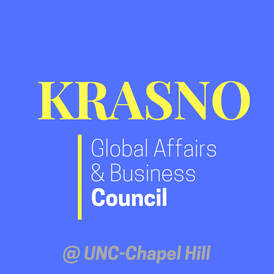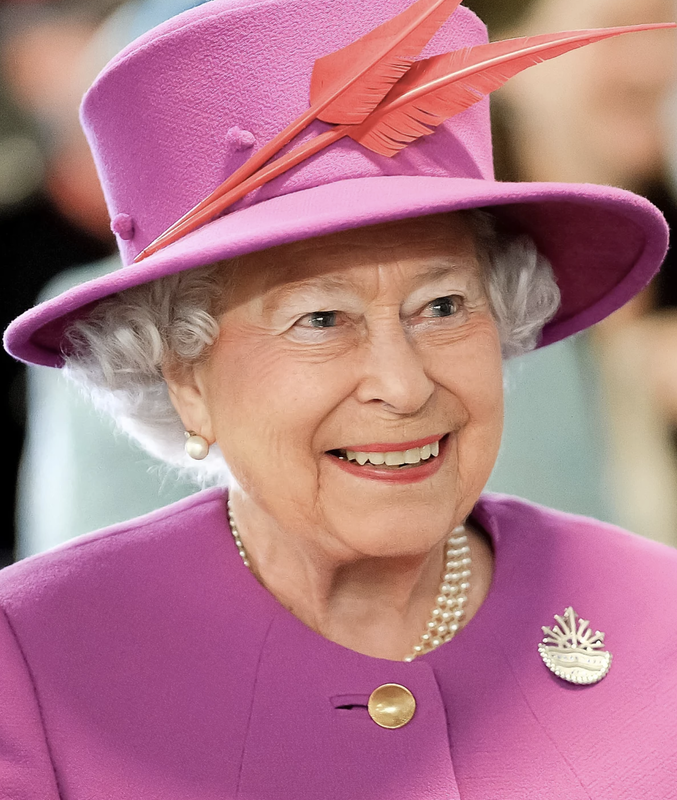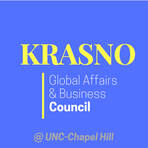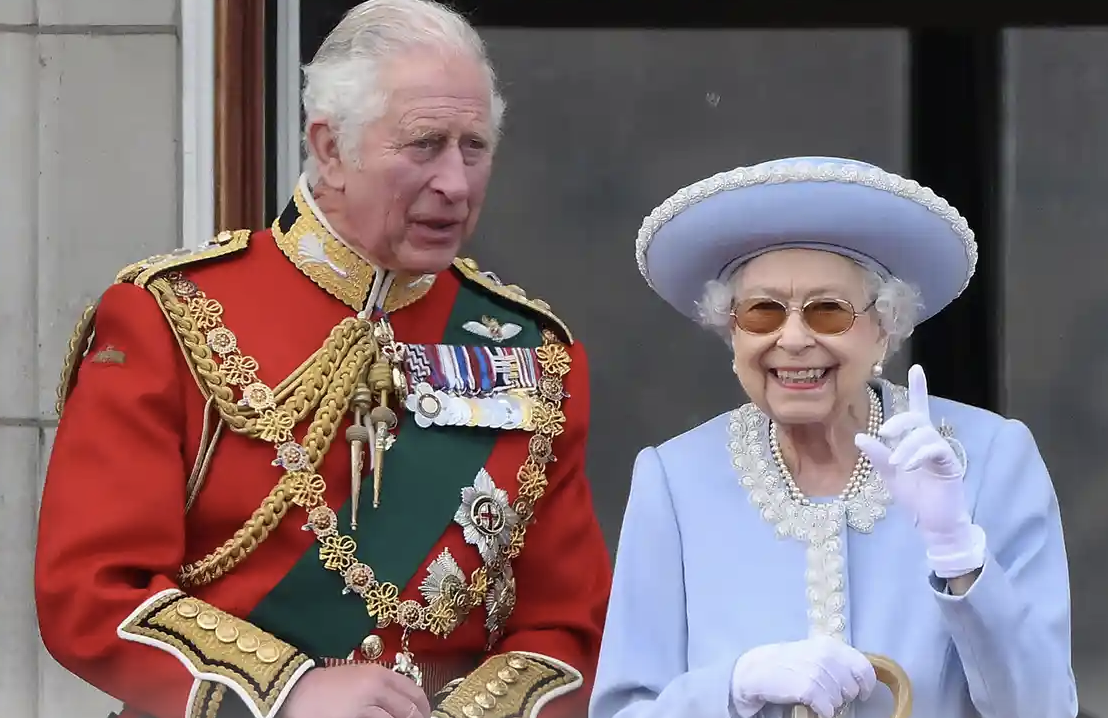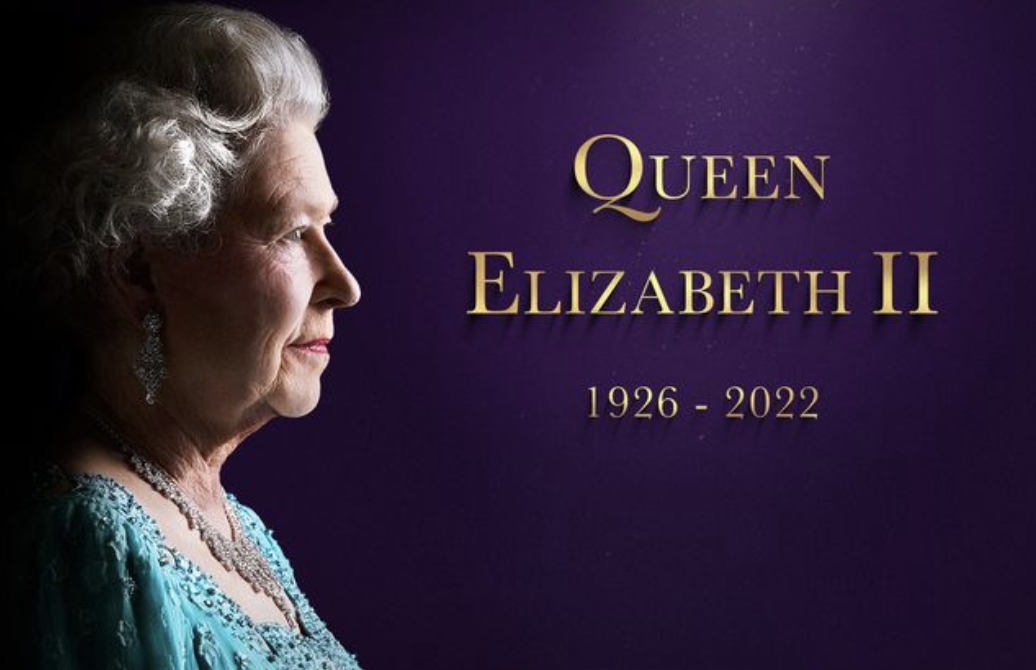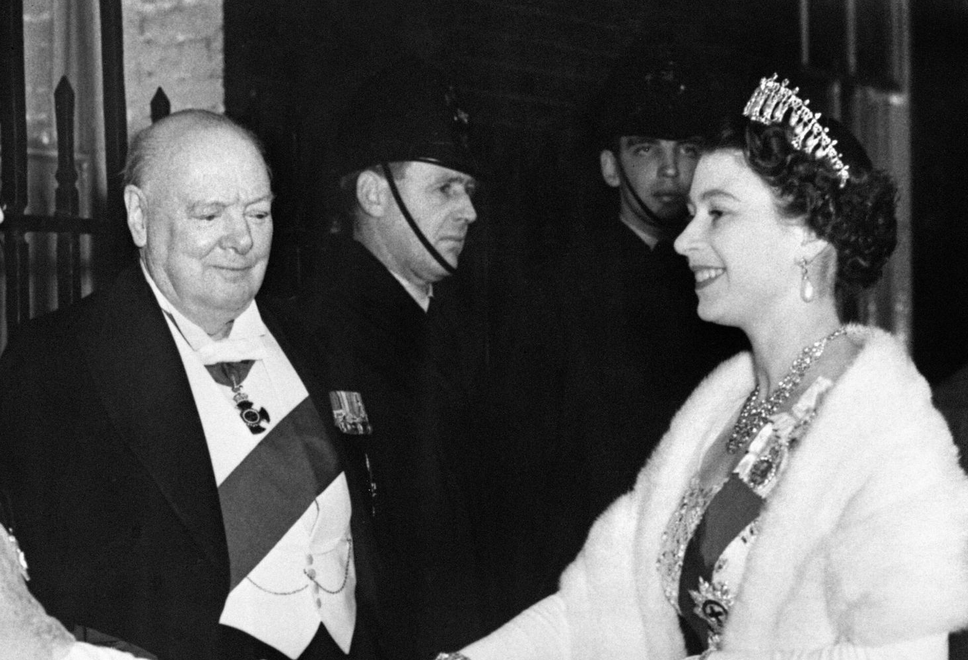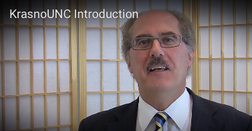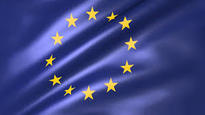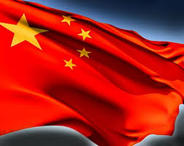ZOOM LINK link for accessing the event on Mon., Sept. 12, 4.00pm EST:
https://zoom.us/j/98072415115
"The Queen:
Life, Influence, and Legacy"
Prof. Vernon Bogdanor
(Prof of Government, King's College London; Emeritus Professor of Politics and Government, University of Oxford;
author of many books, including The Monarchy and the Constitution.
Prof. Bogdanor is one of the UK's foremost constitutional experts).
in conversation with
Prof. Klaus Larres
(Richard M. Krasno Distinguished Professor, UNC-Chapel Hill)
MONDAY, September 12, 2022 -
4.00pm (US east coast time)
(London: 9.00pm; Berlin: 10.00pm; 11.00pm Moscow; Beijing: 4.00am)
Online zoom event - no registration or RSVP required
just click the link below & join us on Sept. 12, 4.00pm
ZOOM LINK for accessing the event:
https://zoom.us/j/98072415115
organized by the Krasno Global Events Series
ONLINE via ZOOM - CLICK HERE to GET TO it.
Here is Prof. Bogdanor's just published article in the Daily Telegraph:
Few of us have known any other monarch. So it is not easy to view the Queen’s reign in perspective. `The past’, L.P.Hartley famously remarked, `is a foreign country. They do things differently there’. In 1952, when she came to the throne, Britain was a profoundly deferential society, almost entirely white and seemingly anchored in religious belief - a nominally Anglican society. A survey in that year revealed that one-third of respondents believed that she had been chosen by God. The monarchy appeared not only magical but somewhat remote. `No member of our family’, Queen Mary, George V’s consort, once declared, `should smile in public’.
The challenge the Queen faced was to adapt to an age in which deference and respect for tradition and authority were passing away. An institution could no longer be justified simply because it had existed for a long time. Instead a sceptical public would ask – what is the use of it, what good does it do. In the past it was sufficient for monarchs to be seen, but now they had to justify themselves in practical terms. The monarchy no longer rests on tradition but on popular consent. It therefore had to become less remote and be seen to contribute to the public good. It is because the Queen understood this so well that she retained the affections of her people throughout her long reign.
For the monarchy is not a mere piece of constitutional machinery. Indeed during the Queen’s reign her constitutional powers were reduced almost to vanishing point. In 1957, she controversially appointed Harold Macmillan as Prime Minister and in 1963 Lord Home. But her discretion has now disappeared since the Conservatives now choose their own leader; and the monarch’s right to refuse a dissolution is, bar exceptional circumstances, unlikely to be used.
At least as important as constitutional head of state, the Queen was also head of the nation, or perhaps one should say the multi-national country that Britain became during her reign. She alone could represent the whole nation to itself, most obviously at the annual commemoration of the war dead at the Cenotaph, the 70th anniversaries of D day in 2014 and Victory in Europe day in 2015; and, more recently, in the two broadcasts she gave during the Covid pandemic.
It is sometimes said that the Queen’s place in the hearts of her people came from her sense of duty. There is, however, far more to it than that. Duty after all is rather a cold word. The Queen has seemed to understand the soul of the British people.
When Queen Victoria died in 1901, her last Prime Minister, Lord Salisbury, said, `When I knew what the Queen thought I knew pretty certainly what view her subjects would take’. One suspects that the Queen’s 15 Prime Ministers have thought the same.
The monarchy’s contribution to national well-being is less through constitutional niceties which, after all, interest few, nor even royal spectacle, than through public service, and support for charities. John Low, chief executive of the Charities Aid Foundation, has declared that the Queen had done more for charity `than probably any other monarch in history.’ She was patron to over 500 charities including Cancer Research UK, the British Red Cross and Barnardo’s. She helped the many organisations of which she was a patron to raise over £1.4bn. The Queen’s Trust, launched in 1977 by the Prince of Wales, invested £80m to assist young people, distributed grants to help young carers, those recovering from cancer, the long-term unemployed, those at risk from under-achievement at school and young people from vulnerable backgrounds or troubled families.
It was a great advantage in carrying out this public service role that the Queen had no political history and so could remain above party. For politicians’ motives are always suspect - perhaps their seeming attachment to public service is really a search for votes.
The Queen was not, however, only Queen of Britain. She was also Queen of 13 other Commonwealth countries, sometimes called realms, including, for example, Canada, Australia, New Zealand and Jamaica,
In addition, she was head of the Commonwealth. This is a symbolic position with no constitutional functions. For India and other Asian and African republics would not have accepted the British monarch as part of their constitutions. And it is not a hereditary position, although its members have agreed that the new king should be its head.
The Commonwealth is a voluntary association of states. Containing just 8 members when the Queen came to the throne in 1952, it now comprises 54, over one-quarter of the United Nations, and contains those of all religions and ethnicities. Most members are ex-colonies, and in her Silver Jubilee speech in 1977, the Queen declared that she had seen `from a unique position of advantage, the last great phase of the transformation of the Empire into Commonwealth and the transformation of the Crown from an emblem of dominion into a symbol of free and voluntary association. In all history, this has no precedent’.
It is vital that the role of Head of the Commonwealth is not seen as an extension of that of Queen of Britain, which would replicate the colonial relationship. The Queen clearly sympathised with African and Asian Commonwealth concerns at apartheid in South Africa and failure to achieve majority rule in Rhodesia; indeed, without the Queen, the Commonwealth might have disintegrated. Kenneth Kaunda, first President of Zambia, declared that `many of us would have left’. And there is an obvious link between the Queen’s role as head of a multi-racial Commonwealth and her call in Christmas broadcasts for tolerance between ethnic groups in Britain.
It cannot of course be denied that monarchy is a paradoxical institution. As it has lost power, affection towards it has grown. An institution which began as absolutist and as a threat to popular government now helps to sustain it. Perhaps, however, it is worth bearing in mind Freud’s aphorism that it is only in logic that contradictions cannot exist.
Vernon Bogdanor is Professor of Government at King’s College, London. His books include `The Monarchy and the Constitution.’
**************
In the meantime, please watch our more than
140 event videos
available for free on our YOU TUBE channel:
https://www.youtube.com/user/KrasnoUNC
Thank you for your continued support.
Greatly appreciated!
